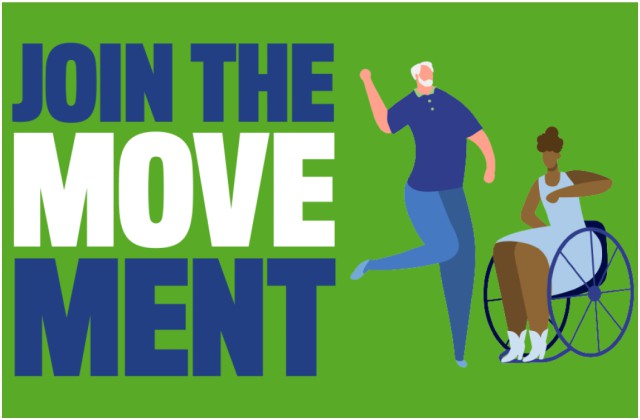![]()
You are here
Advice from Letterkenny University Hospital on World Stroke Day

To mark World Stroke Day today, Thursday 29 October, the Stroke Team at Letterkenny University Hospital would like to advise people on the signs of stroke and to remind everyone to seek help immediately and do not wait to see if symptoms go away.
Christine McLoughlin, Clinical Nurse Specialist in Stroke at the hospital says, “When it comes to stroke, it is important to think FAST which is: F for Face, has their face fallen on one side? Can they smile? A for Arms, can they raise both their arms and keep them there? S for Speech, is their speech slurred? T is for Time, time to call 999 or 112 if you see any single one of these signs. Stroke destroys 2 million brain cells every minute, so every minute counts.”
There are two types of stroke: 80% of stokes are ischaemic or clots and 20% are haemorrhagic or bleeds. The assessment and treatment for stroke involves the immediate CT scan of the brain and for patients who meet the criteria for treatment, a clot busting drug called thrombolysis can be given. For larger clot strokes a thrombectomy may be carried out and this is done in Interventional Neuroradiology in Beaumont Hospital in Dublin. Haemorrhagic strokes or bleeds are treated by controlling blood pressure and referral to neurosurgery for assessment and treatment plan at Beaumont Hospital.
Dr Ashfaque Memon, Consultant in Stroke says, “Stroke is a medical emergency and needs to be assessed by medical professionals in hospital. The quicker we get the blood flowing back to the brain the more of the brain we can save, reducing disability and even death. Each year, approximately 10,000 Irish people have a stroke and around 2,000 die – more deaths than breast cancer, prostate cancer and bowel cancer combined. In Ireland an estimated 30,000 people are living in the community with disabilities as a result of a stroke. Stroke is the third biggest cause of death in Ireland and the biggest cause of acquired disability. We urge everyone to seek medical help as soon as possible if they notice any of the signs themselves or in a family member or friend.”
The article above is specific to the following Saolta hospitals::
Letterkenny University Hospital (LUH)
